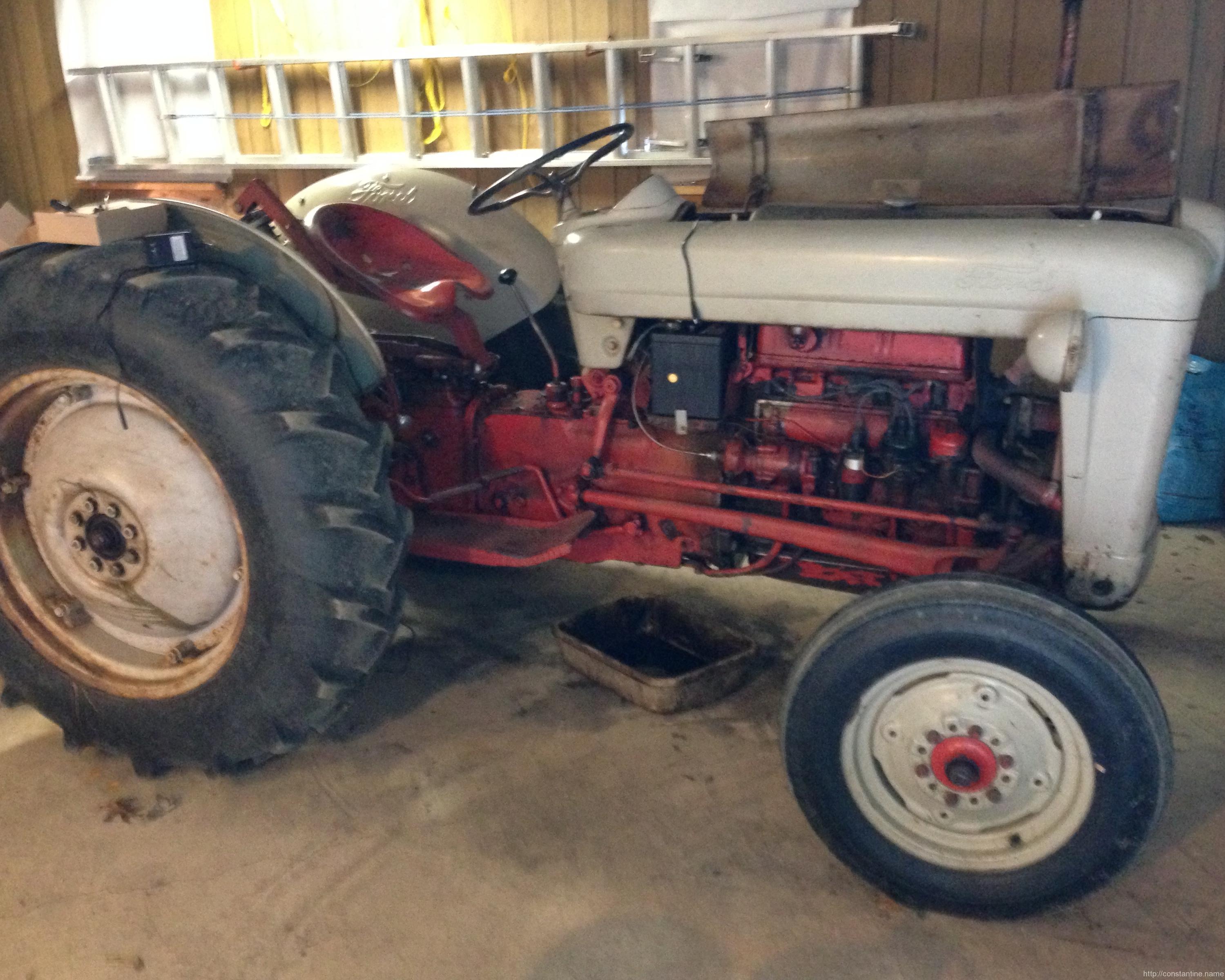In the dust where we have buried the silent races and their abominations we have buried so much of the delicate magic of life.
~ D.H. Lawrence
slip:4a1560.
In the dust where we have buried the silent races and their abominations we have buried so much of the delicate magic of life.
~ D.H. Lawrence
slip:4a1560.
Your intention should be something that really lights you up. You need to feel it in your chest, in your gut. It is the verb that connects you to your audience, the umbilical cord that takes your energy to them and brings theirs back to you. Intention is action.
~ Angie Flynn-McIver
slip:4a1471.
These stories illustrate two truths. 1) I’m a big ol’ nerd, and 2) the goodness and badness of memories fade over time, but the badness fades faster—that’s the fading affect bias. Some bad memories even become good memories, while good memories rarely become bad memories.
~ Adam Mastroianni from, Underrated ideas in psychology – by Adam Mastroianni
slip:4ueepu1.
Like Mastroianni, I’m clearly susceptible to this bias. One thing that I use to fight it, is to write myself honest thoughts after things happen. A lot of the pleasure from something is the anticipation—the imagining of the enjoyment from some expected experience. That’s pretty easy to remember to journal and it happens without effort in the days leading up. But after the fact, I usually take a big chunk of time and decompress. What did I really think when I got hit in the head that one time at that thing? …or when I fell? …or got sick? The best adventures are when I look back and think: “ugh, that sucked. I’m glad I did it.”
ɕ
I used to think I wrote because there was something I wanted to say. Then I thought, “I will continue to write because I have not yet said what I wanted to say”; but I know now I continue to write because I have not yet heard what I have been listening to.
~ Mary Rueflé
slip:4a1288.
“A tree is a little bit of the future,” Wangari Maathai reflected as she set out to plant the million trees that won her the Nobel Peace Prize. But a tree is also an enchanted portal to the past — a fractal reach beyond living memory, beyond our human histories, into the “saeculum” of time.
~ Maria Popova from, How to Face the Years with Confidence: The Mystery of the World’s Most Majestic Tree – The Marginalian
slip:4utepe1.
I recently flew from Philadelphia to Seattle. At one point in the journey I gazed down at the Cascade Mountains from the miraculous perch of technology that is an airliner, staring silently at countless trees in countless valleys.
ɕ
And say while you are training yourself day after day, as you do here, not that you are pursuing philosophy (to claim that title would surely be pretentious), but that you are providing for your emancipation. For this is true freedom.
~ Epictetus
slip:4a210.
Some time around 2005—if memory serves, which it probably doesn’t—I discovered the work and blogging of Merlin Mann. Back then, he was neck-deep in a project called 43 Folders: Time, Attention, and Creative Work. It’s self-described as, “[a] website about finding the time and attention to do your best creative work.” The first post there is dated 2004, and the last is gloriously frozen in place from 2011.
There are so many things to mention about that project. Ahhhhhhh, the halcyon days when we all thought “website” was a cool word. (I’m now in the “web site” encampment.) Mann is the guy who, for better [my opinion] or worse [many others’ option], brought “inbox zero” to everyone’s awareness. He also spent years experimenting with processes, and I went on a magical, multi-year journey experimenting with something called the “hipster PDA.” If forced to choose, I’d say Mann is the guy who most greatly influenced my process thinking.
There’s a phrase in cooking, mise en place, meaning to have everything in its proper place before starting. (The classic example of failure in this regard is to be half-way through making something only to realize you’re missing an ingredient and having to throw away the food.)
Well Mann is the guy who—in my opinion—has done the most to improve processes for knowledge workers and creative people. I’m not sure if he’s ever said it explicitly, but a huge part of what he did was to elevate knowledge workers and creatives by cultivating a mise en place mindset.
ɕ
It’s easy to agree when no one is thinking.
~ Shane Parrish from, Opinions and Organizational Theory
slip:4ufooi1.
Having read that and done the thinking to evaluate it—yeup, I agree.
ɕ
How can experiences with injury and recovery inform sustainable parkour training and coaching practices?
Dan Timms describes his journey with injury and recovery, and how it helped to shape his thoughts about sustainability. He discusses training methods, the forces involved in parkour, and his approach to coaching. Dan unpacks Parkour UK, what it is, what it does, and his involvement with it, before sharing his insight on designing parkour parks.
You see where this is going already. This one didn’t have a mesh floor at the top, so I’ve just speed-vaulted over this wall into this turret, and I looked down and there’s nothing beneath me for about 40 feet.
~ Dan Timms (5:09)
The conversation explores the evolution of sustainable training practices in parkour, largely shaped by experiences with injury and recovery. Reflections on major injuries, such as a near-fatal fall and multiple surgeries, frame the discussion around balancing intense training with long-term health. Insights include the role of strength training, mobility work, and the importance of consistency over quick fixes.
The dialogue also touches on community involvement and governance, highlighting efforts within Parkour UK to standardize coaching certifications and establish Parkour Earth. Additionally, Dan shares real-life applications of parkour, recounting moments where training directly contributed to personal safety and community assistance, including intervening in a robbery.
Takeaways
Sustainability in parkour — Long-term success requires balancing intense training with injury prevention and recovery.
Consistency in training — Regular, sustained practice is more effective than chasing quick-fix solutions.
Role of Parkour UK — Parkour UK plays a key role in standardizing parkour coaching and representing the community at a governmental level.
Real-world application — Parkour skills can translate directly into real-life situations, from preventing injury to intervening in emergencies.
Physical data in parkour — Testing reveals significant forces involved in parkour drops, suggesting adaptations beyond muscular strength.
Resources
Parkour UK — National governing body for parkour in the UK, focusing on coaching standards and community representation.
Parkour Earth — International federation established to counter external governing threats like FIG.
The Monkey’s Back – Documentary — A documentary capturing the spirit of parkour practice featuring Stephane Vigroux.
Born to Run — Christopher McDougall’s book that influenced the guest’s barefoot training and travel to Mexico.
(Written with help from Chat-GPT.)
ɕ
What can we learn about the intersection of philosophy, personal growth, and structured systems within the practice of parkour?
Sandro Widmer discusses ParkourONE’s TRUST concept, his current research and movement journey. Along the way he describes his time in America, and the struggles of studying parkour coaches. Sandro also reminds us to walk through this world with an open mind, as we can never fully understand each other’s experiences.
I think what’s most important is to walk through the world with an open mindset. Be tolerant, be open-minded, and have a smile on your face.
~ Sandro Widmer (27:00)
The conversation explores the philosophy of ParkourONE, focusing on the TRuST concept that emphasizes values such as respect, modesty, and trust. This philosophy is visualized through the fingers of a hand, representing key principles like “no competition” and “courage.” ParkourONE’s unique approach to training and community building in Switzerland and Germany is discussed, highlighting the organization’s layered membership process and the responsibilities of its members.
The discussion transitions to Sandro’s master’s thesis on how personal philosophy influences coaching methods. He shares his methodology for collecting data from Swiss parkour coaches and explores topics such as open versus closed exercises and how parkour principles can be translated into broader life lessons. The conversation concludes with reflections on cultural exchanges during international training events and the importance of maintaining an open and tolerant mindset.
Takeaways
No competition — ParkourONE emphasizes non-competitive practice to foster inclusivity and personal growth.
Be cautious — Practitioners are encouraged to respect their physical limits to ensure sustainable training.
Respect — Respect is shown to the environment, fellow practitioners, and the discipline of parkour itself.
Trust — Trust in oneself and others is a cornerstone of both practice and teaching in ParkourONE.
Modesty — Humility is key to recognizing the continuous challenges within parkour.
Membership as responsibility — ParkourONE’s membership process is selective, emphasizing community contributions and adherence to shared values.
Cultural exchange — Parkour fosters a universal culture of openness and tolerance, as seen in events like American Rendezvous.
Influence of philosophy on coaching — Sandro’s research explores how a coach’s philosophy shapes their teaching methods and practice.
Open versus closed exercises — ParkourONE values giving students space to explore and develop their own solutions.
Sustainability in movement — Long-term physical and mental health is prioritized to ensure lifelong mobility.
Resources
ParkourONE — Philosophy and values behind ParkourONE’s training approach.
American Rendezvous — An event fostering cultural and training exchanges among parkour practitioners.
ADAPT Qualifications — Certification system mentioned in comparison with ParkourONE’s coach training.
Johanna Herrmann’s Thesis — Research referenced in Sandro’s master’s thesis on parkour philosophy.
(Written with help from Chat-GPT.)
ɕ
Courage is the price that Life exacts for granting peace.
~ Amelia Earhart
slip:4a212.

The trusty Puffin manages to ingest all my stuff once again. 35 liters for the win :P
ɕ
A key point from the following podcast is the idea that resilience is not a “broad” skill, but rather something that you develop in a particular aspect of your life. Being resilient in social circumstances is not directly related to being resilient in a violent (eg, combat) circumstance. So that’s something to keep in mind: In Parkour, we’re practicing and developing our resilience in the context of MOVING, and moving is something we do every day.
So that’s what we’ve taken, that idea of resilience and we’ve applied it to human beings and we tell people, you should just bounce back. Bounce back, bounce back. I actually believe human beings can’t bounce back. The reason why you can’t bounce back is because you can’t go back in time. So the 19 year old Marine who leaves for Afghanistan is never going to be 19 again. Parents who lose a child are never going to be the same parents again. The entrepreneur whose business goes bankrupt is never going to be the same entrepreneur again. So what resilient people are able to do is not to bounce back from hardship but they’re able to integrate hard experiences into their lives in such a way that they become better. That’s what I think is really at the heart of resilience.
~ Eric Greitens, from “Resilience With Eric Greitens“
slip:4uaopo2.
The link it to a transcript of a podcast, (I recommend just skimming the transcript,) from my ridiculously long queue of podcasts. I was skimming through the list culling a few episodes and realized this one was apropos of the current section from Thibault’s work.
ɕ
A negative mind will never give you a positive life.
~ unknown
slip:4a106.

1953 Ford Jubilee: Anyone interested in a tractor? Good condition, running and everything works, 3-point lift, brush hog, scraper/snow blade… fully working, but it is also a collector’s item if you’re into antique tractors.
ɕ